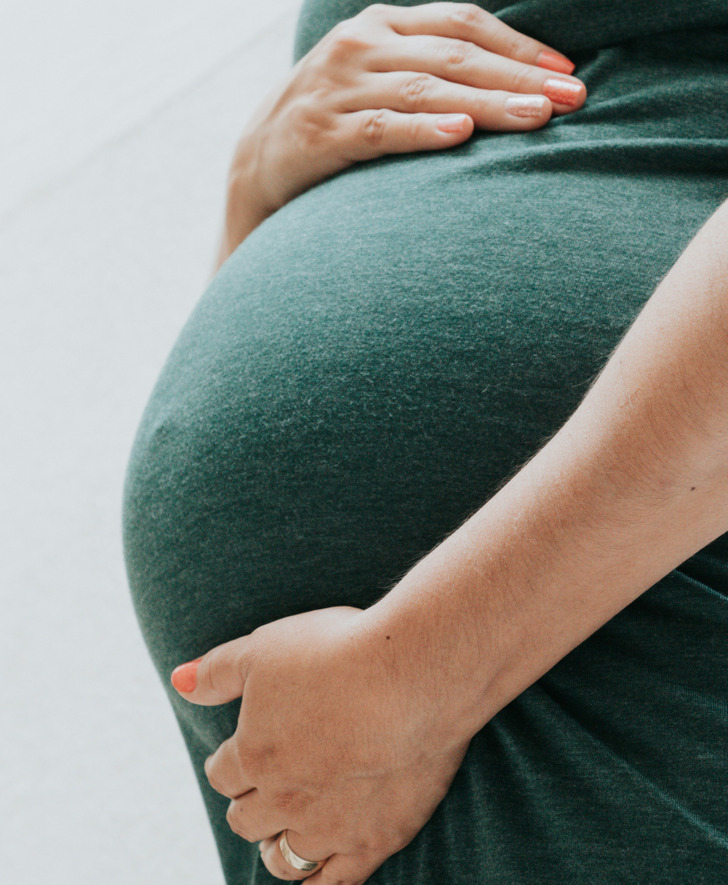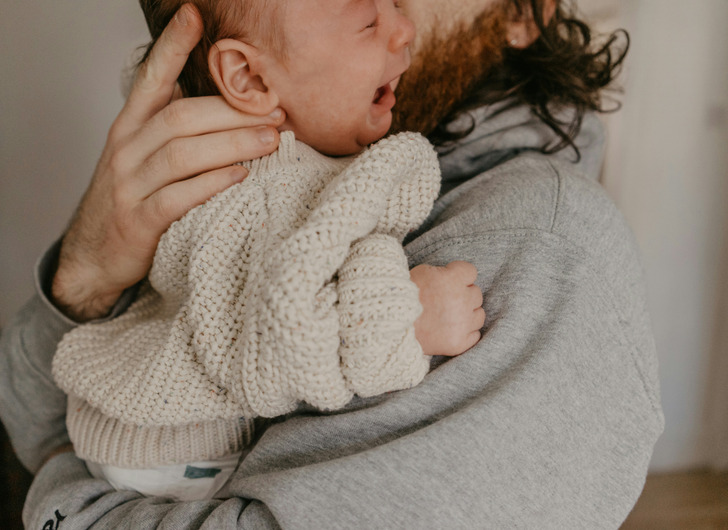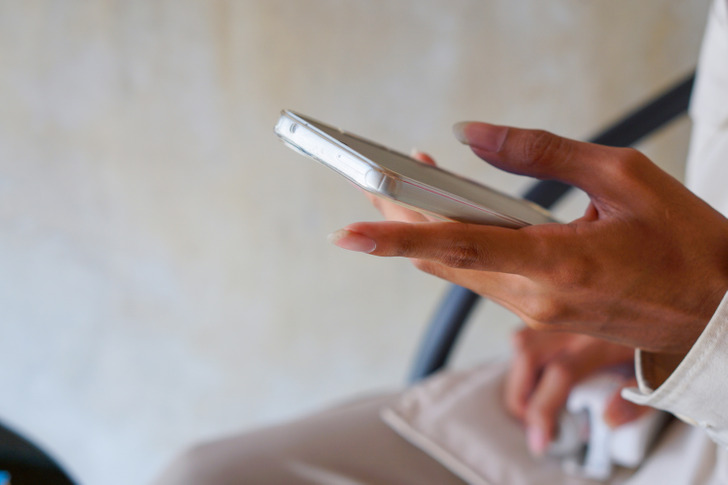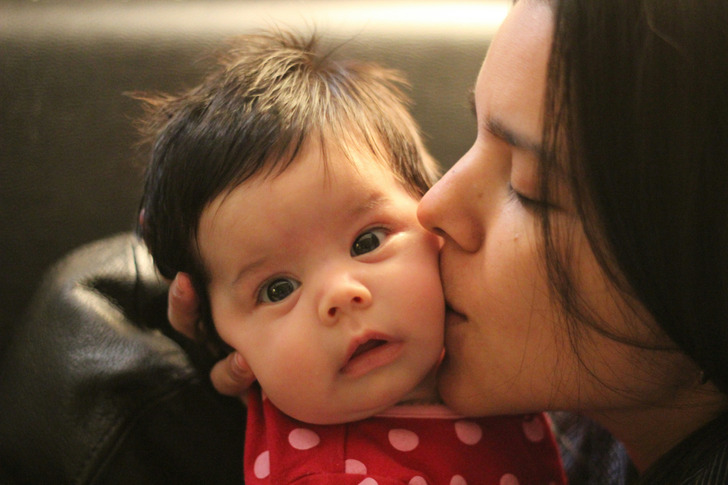Good he now realizes he was a POS father AND grandfather. I had my daughter at 19 my dad was mad but NEVER showed it. My daughter was his world!! He'd take and buy her everything (me always saying no she has enough) his theory was if baby cries Papa buys. God I miss that man!!
My Dad Called My Son a “Burden,” So I Protected Myself
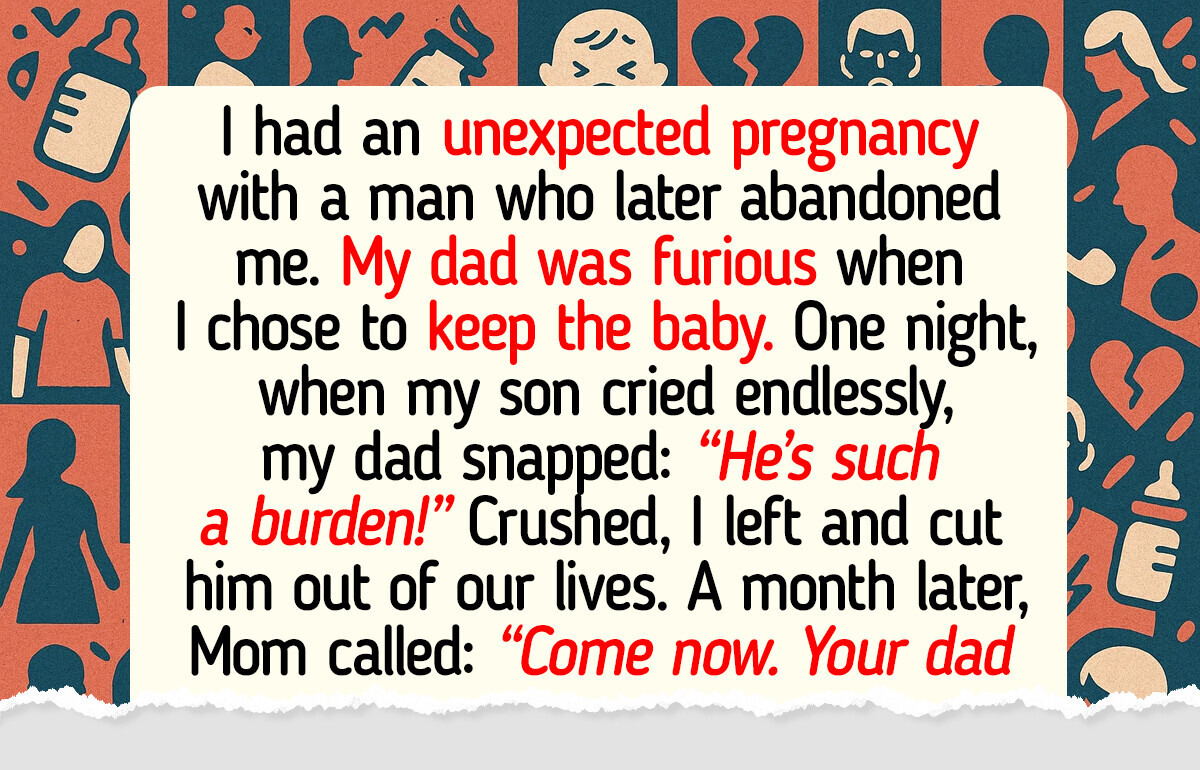
An unexpected child can change your life and shake it to the core. Fear of rejection, fear of failure, and fear of the unknown creep into every decision. Family may not always offer comfort; sometimes, they bring the deepest cuts.
One of our readers, Jessica (27, F) wrote to us to share how her world turned upside down.
Here’s her letter:
Dear Brightside,
When I found out I was pregnant, my world turned upside down. The father of my child had abandoned me, leaving me alone to make the hardest decision of my life. Despite the fear, the uncertainty, and the whispers of doubt, I chose to keep the baby. Deep in my heart, I knew this child was not a mistake but a blessing I was meant to protect.
My family was not on board.
But not everyone saw it that way. My dad was furious. To him, it was reckless, shameful, and destined to ruin my future. His silence around me was heavy, and when he did speak, the words stung more than he realized.
The words that broke my heart.
One night, everything shattered. My son wouldn’t stop crying, his tiny wails echoing through the house as I tried desperately to soothe him. My exhaustion must have shown because suddenly, my dad snapped.
“He’s such a burden!” he yelled. “You’ll regret your stupid choice!”
I had to make a choice for my son.
The words cut me to the bone. In that moment, it wasn’t just me he was criticizing; it was my child: the most precious part of my life. My chest tightened, tears blurred my vision, and I knew I couldn’t stay. That night, I packed my things, took my baby in my arms, and walked out. I decided then and there that my father would not be part of our lives.
The distance hurt.
Weeks passed, and the silence from my parents’ house was deafening. My mom texted occasionally, asking how the baby was doing, but I kept my distance. I told myself I was protecting my son from pain, from rejection, from the man who had called him a burden. And yet, behind my anger was a quiet ache. I missed my dad, or at least the father I used to know before the harsh words.
I wasn’t sure I was ready to forgive him.
Then, a month later, my phone rang. It was my mom. Her voice was calm, but I could hear the urgency beneath it.
“Please, come now,” she said softly. “Your dad has been feeling anxious since that night. He wants to apologize, but he doesn’t know how to make it right.”
I froze. Part of me wanted to hang up, to shield myself from more disappointment. But another part, the part that still longed for my father’s love, wanted to believe her.
A glimpse of regret.
When I finally stepped into their home again, my dad wasn’t the same. He looked smaller somehow, weighed down by something he couldn’t put into words. He didn’t rush toward me, didn’t apologize right away. Instead, he lingered near the crib, watching my baby with a softness that contradicted every cruel word he had spoken before. When his eyes met mine, I could see the regret, though his mouth struggled to shape it into an apology.
But those words are hard to forget...
Part of me longs to give him another chance, to believe he has changed. But another part reminded me of the hurt I’d carried for weeks, the words I couldn’t erase. I’m torn between hope and protection, between love and fear. For now, all I know is... I don’t know what to do.
Thank you, Jessica, for sharing your story! Here are some pieces of helpful advice for navigating a painful but potentially healing situation like this.
1. Give yourself time
Step away, both physically and mentally, for a short while. Give yourself permission to pause instead of rushing to respond. Emotional wounds don’t heal instantly. Allow yourself the time to process before you feel any pressure to forgive or rebuild a connection.
2. Kindly set some firm boundaries
It’s natural for family relationships to be complicated, and at times, even frustrating. But when someone in your family becomes especially difficult, setting healthy boundaries is essential to safeguard your mental and emotional well-being. If you decide to engage with them, be clear about the behavior or language you won’t allow around yourself or your child. Remember, respect doesn’t come from staying silent, but from standing firm in your values.
3. Your peace of mind should be your priority
Whether he changes or not, your priority is to build a safe, peaceful space for you and your baby. Sometimes, that means creating distance — and that’s perfectly valid.
Enduring unhealthy situations was once seen as strength, but today we know real strength is choosing what protects our mental health and responding to life’s challenges with care.
With time, love often finds a way to soften even the hardest hearts. What may start in anger or disappointment can gradually transform into understanding, and sometimes even warmth. Have you ever experienced healing from the place you thought it was least likely to come?
Comments
Related Reads
12 Times Kindness Was the Only Thing Still Standing
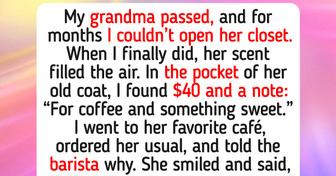
12 Times Strangers Showed That Kindness Can Change a Life
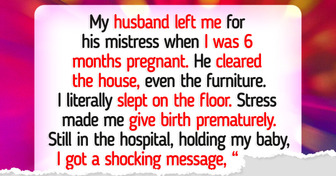
My DIL Refuses to Let Me Babysit My Grandson, She Wasn’t Ready for My Payback
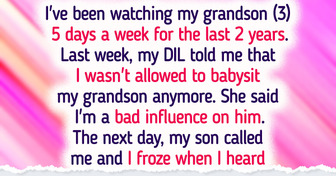
My Sister Tried to Turn Our Family Cabin Into Her Free Resort, So I Changed the Rules
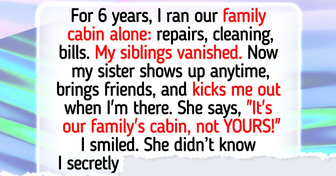
HR Fired Me Right Before My Vacation, So I Used It Against Them
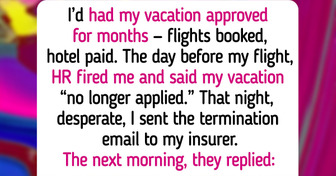
I Refuse to Forgive My Parents After They Took My Inheritance for Being Childless
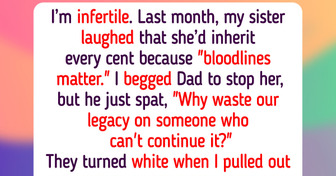
20+ Gifts That Prove It’s the Thought That Truly Counts
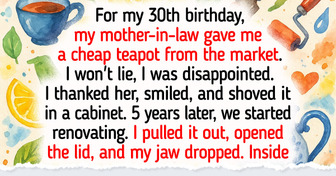
14 Quite Acts of Kindness That Changed Someone’s Life Forever
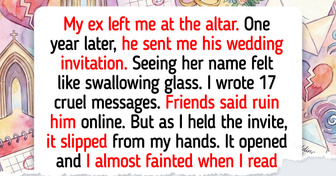
11 People Who Chose Humanity Over Hatred in the Darkest Moments
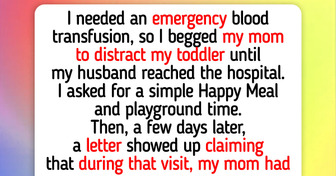
I Refuse to Let My Sister Hijack My Pregnancy Announcement
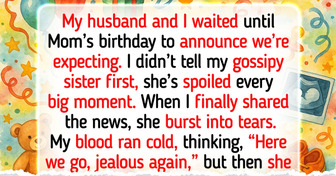
10 Times Kids Spilled Family Secrets and Shocked the Entire Room
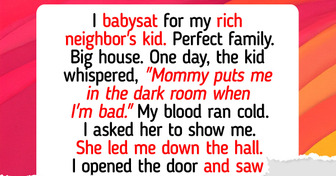
I Refused to Pay for Our Valentine’s Dinner—Then I Learned the Heartbreaking Truth

